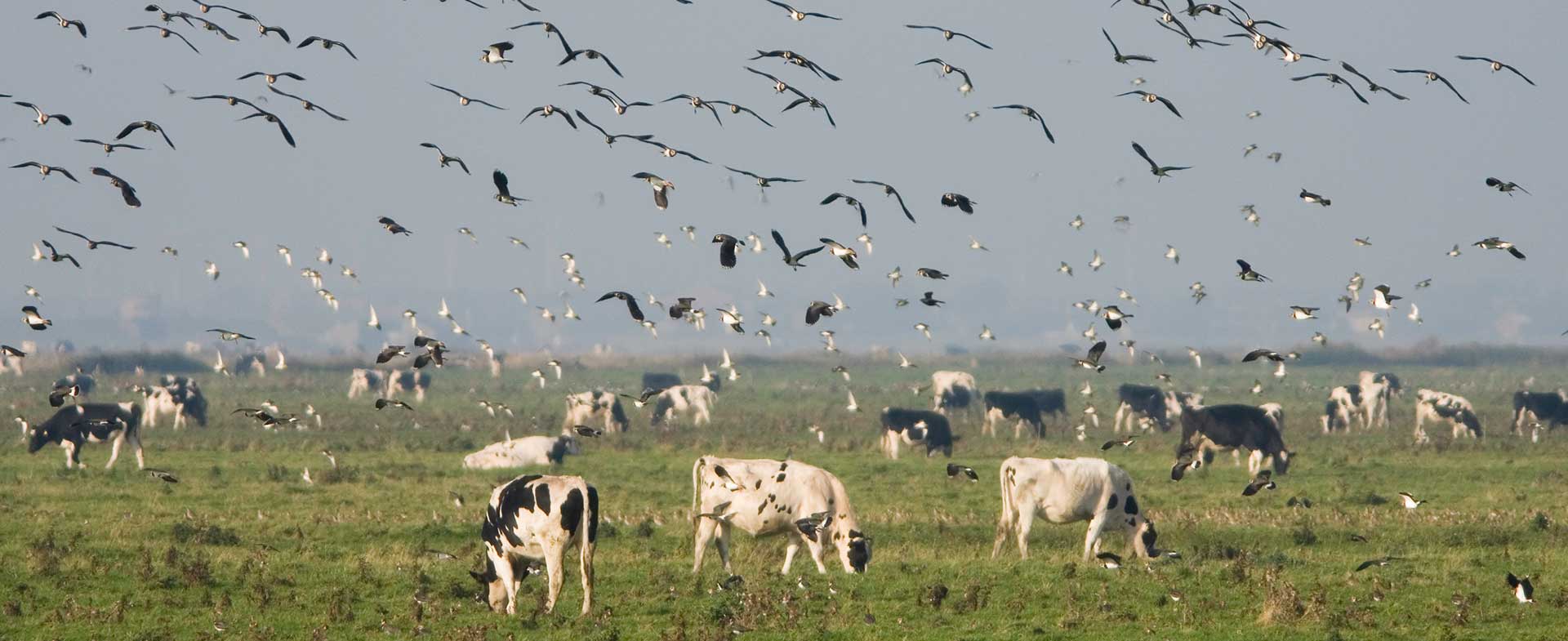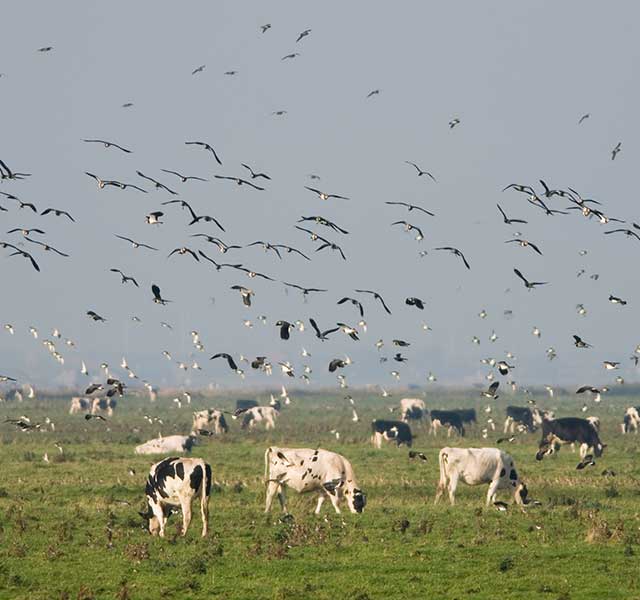By now, you’ve likely heard about bird flu (or H5N1), a virus that is spreading in wild birds, poultry, dairy cows and humans. In the United States, it has been documented in animals in all 50 states, with 67 documented cases in humans.
While most cases of bird flu have been mild, one death was recently reported in Louisiana. The person who died had other medical conditions and contracted a strain of the virus that mutated to bind more easily to the lungs. They also simultaneously had the seasonal flu. A teenager in British Columbia had a severe case of bird flu but has since recovered.
“The Centers for Disease Control & Prevention maintains the risk to the general public is low,” says Anita Shallal, M.D., an infectious disease specialist at Henry Ford Health. “But that may change if the virus mutates so that it can pass from human to human. So far, there hasn’t been any human-to-human transmission.”
Here, what to know about bird flu now.
Q: What are symptoms of bird flu?
A: The CDC says symptoms of bird flu in humans include: conjunctivitis (or eye redness, which has been the most common symptom), mild fever, cough, sore throat, runny or stuffy nose, muscle or body aches, headaches and fatigue, respiratory illness. Diarrhea, nausea and vomiting are less common symptoms.
Q: How can you protect yourself from bird flu?
A: Avoid direct contact with infected birds and animals. Those who work in close proximity to animals (and animal stools) that could be infected with bird flu should wear personal protective equipment and, as the CDC recommends, monitor their health for 10 days afterward.
“Everyone should avoid exposure (or unprotected exposure) to sick or dead animals – especially wild birds, poultry, other domesticated birds and wild or domesticated cows and other animals,” says Dr. Shallal. “You can report sick or dead animals by calling the USDA at 1-866-536-7593.”

Q: Can you get bird flu from eating dairy, poultry and beef?
A: Drinking pasteurized milk and eating thoroughly cooked poultry and beef should not be an issue, as the cooking and pasteurization process should kill any virus. “It may be possible to get bird flu, however, from drinking raw milk and eating raw beef and poultry, including raw eggs,” says Dr. Shallal.
Q: Is there a danger that bird flu could turn into a pandemic?
A: Right now, the risk is still low, as there haven’t been any reported cases of human-to-human transmission. But the CDC continues to monitor the situation should anything change.
While not available yet, the U.S. government is working on developing vaccines for bird flu, should they become needed. Current seasonal flu vaccines are not effective against H5N1 bird flu.
Q: What should you do if you’ve been exposed to bird flu?
A: Symptoms can manifest within seven to 14 days of exposure and the CDC recommends isolating for 10 days. “Contact your local or state public health department to get help with testing and monitoring your symptoms,” says Dr. Shallal.
For more information about bird flu, visit cdc.gov. The CDC is continuing to monitor the bird flu outbreak and updates will be provided as the situation changes.
Reviewed by Anita Shallal, M.D., an infectious disease specialist and internal medicine physician who sees patients at Henry Ford Hospital in Detroit.



